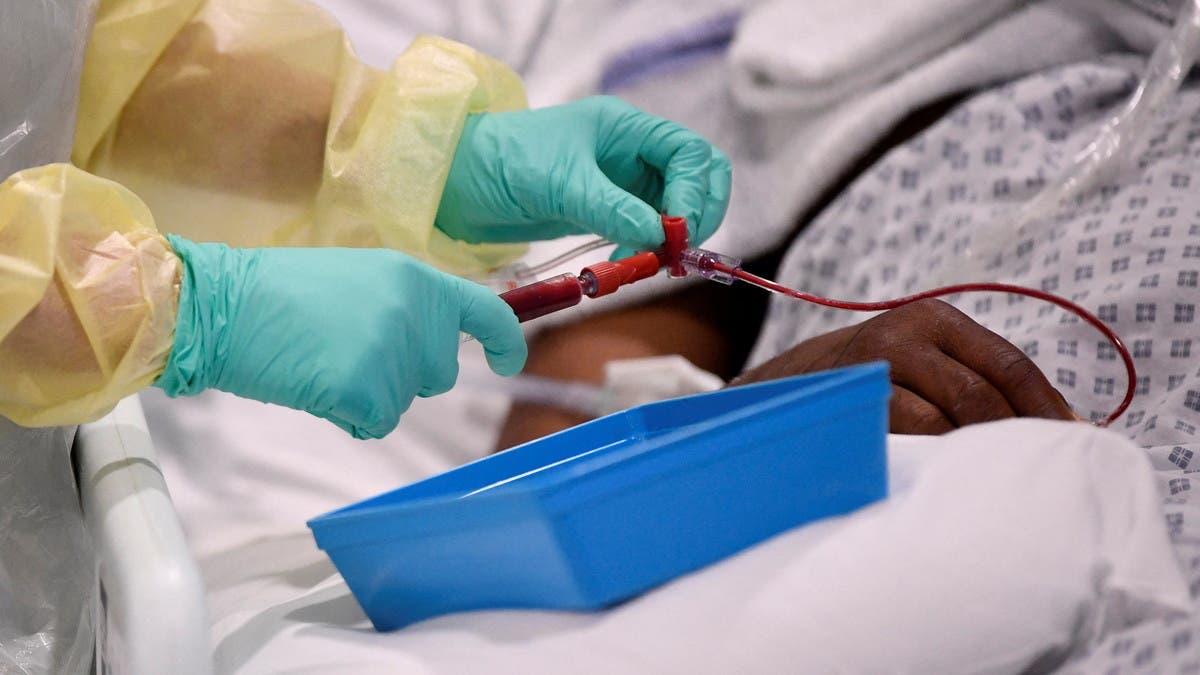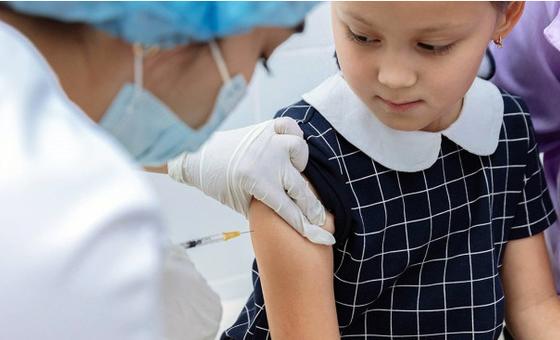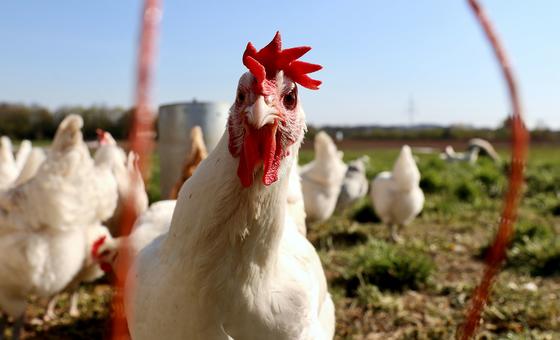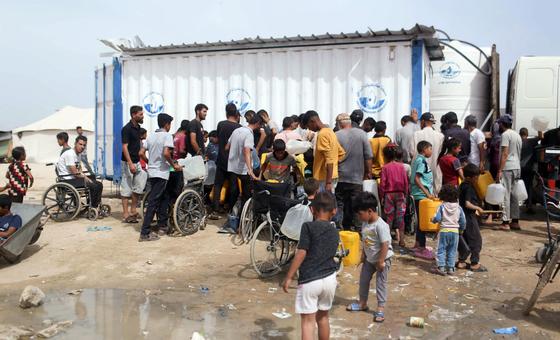The risk of developing serious bleeding or potentially deadly blood clots is elevated for months after experiencing even a mild COVID-19 infection, Swedish researchers found.
While the dangers of post-COVID clotting are well known, it’s less clear how long the risk lasts and what should be done to prevent it.
Read the latest updates in our dedicated coronavirus section.
The researchers compared the medical records of 1 million people who tested positive for the virus between February 2020 and May 2021 in Sweden to 4 million of their peers who weren’t infected.
Bleeding rates were elevated for two months after testing positive for the virus, while there was significant risk of developing blood clots deep in the legs for 70 days after COVID-19.
The danger of pulmonary embolism, when a clot travels to the lungs and can kill, was significantly higher for almost four months, according to the report published in the BMJ, a British medical journal.
“Despite the potential for new variants of concern, most governments are removing restrictions and shifting their focus to determining how best to ‘live with Covid’,” Frederick Ho and Jill Pell from the University of Glasgow’s Institute of Health and Wellbeing, wrote in an editorial.
The finding “reminds us of the need to remain vigilant to the complications associated with even mild SARS-CoV-2 infection,” they wrote.
The results support the use of blood thinners to prevent clotting, especially for high-risk patients, and underscores the need for vaccination, the researchers concluded. The study also found that the risks declined over time, as subsequent outbreaks of COVID-19 caused fewer of the complications than the initial wave of disease.
The risk of bleeding was almost twice as high for COVID-19 patients in the month after they were infected, while clots called deep vein thrombosis were almost five times higher, the study found.
Pulmonary embolism was the greatest risk, with 1,761 events occurring in the 30 days after infection, compared to just 171 among the larger group of people who didn’t contract the virus.
While the danger was highest for those with other health conditions and the most severe infections, the fact that many more people develop mild cases means they should also remain alert, the experts said. Vaccination may help alleviate the issue of clotting, the experts said.
“Vaccination could reduce the overall risk both by preventing infection and by reducing its severity when it does occur,” they wrote.
Read more:
No evidence to support widespread use of fourth COVID-19 shot: EU agencies
Current COVID-19 vaccines not ‘well-matched’ against BA.2: FDA
Spain to lift mask-wearing requirement in most indoor spaces from April 20

 World2 years ago
World2 years ago
 World2 years ago
World2 years ago
 Entertainment7 years ago
Entertainment7 years ago
 World7 years ago
World7 years ago
 Entertainment7 years ago
Entertainment7 years ago






